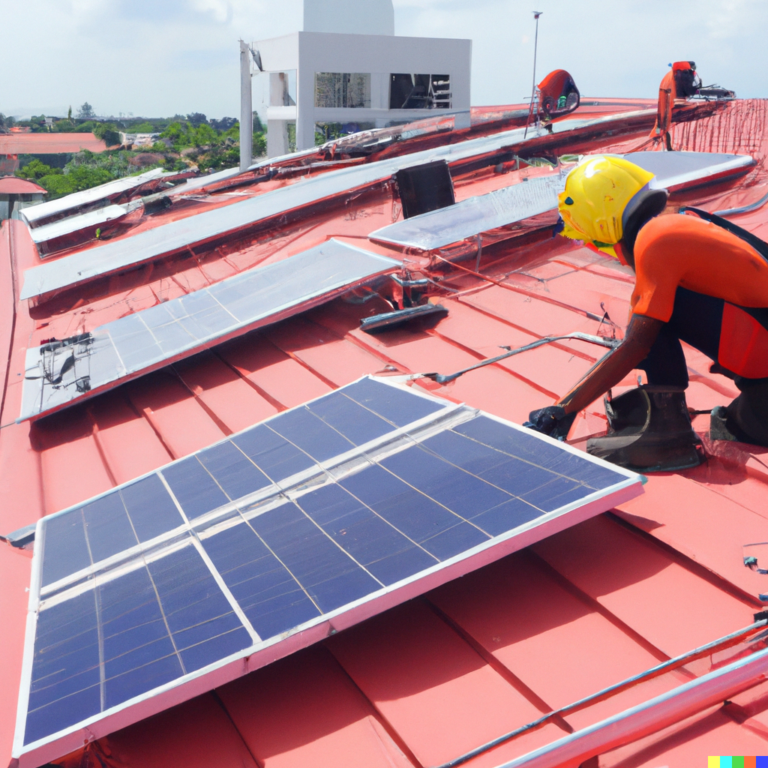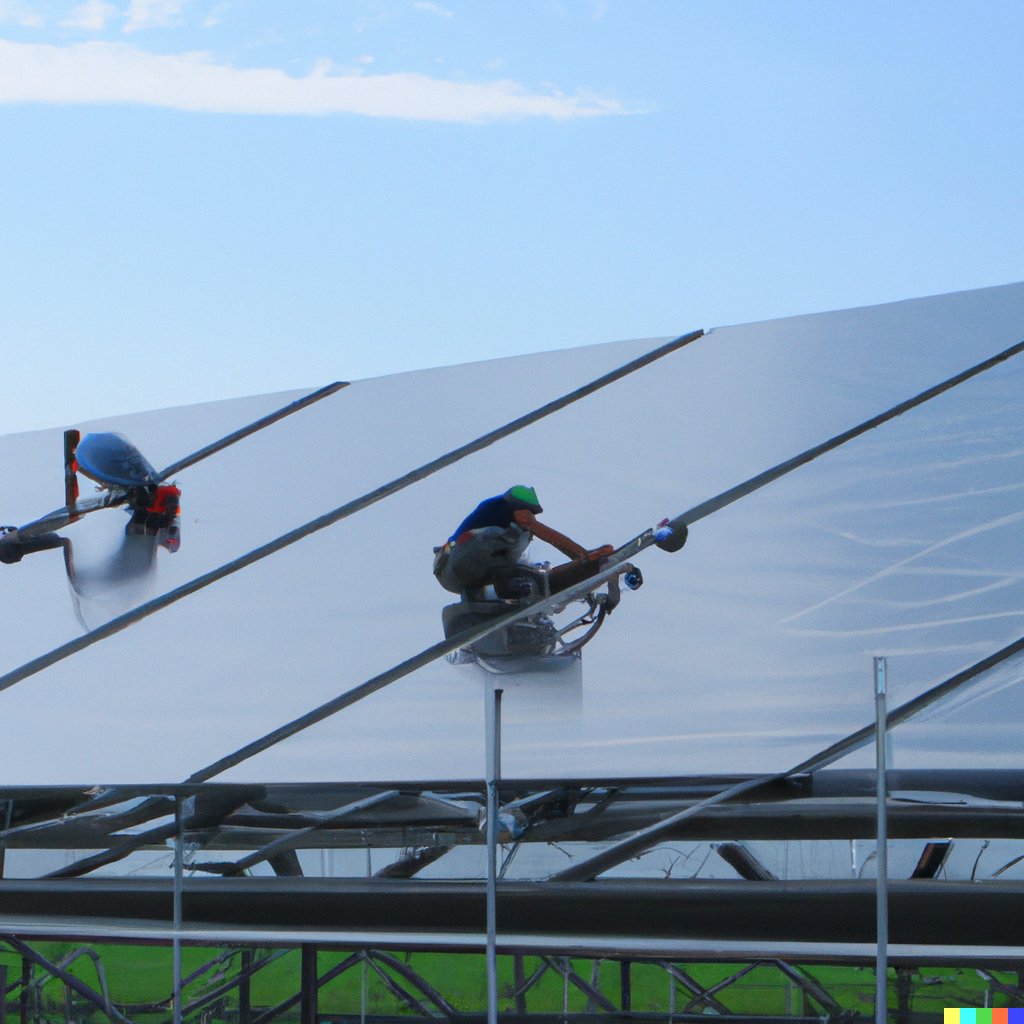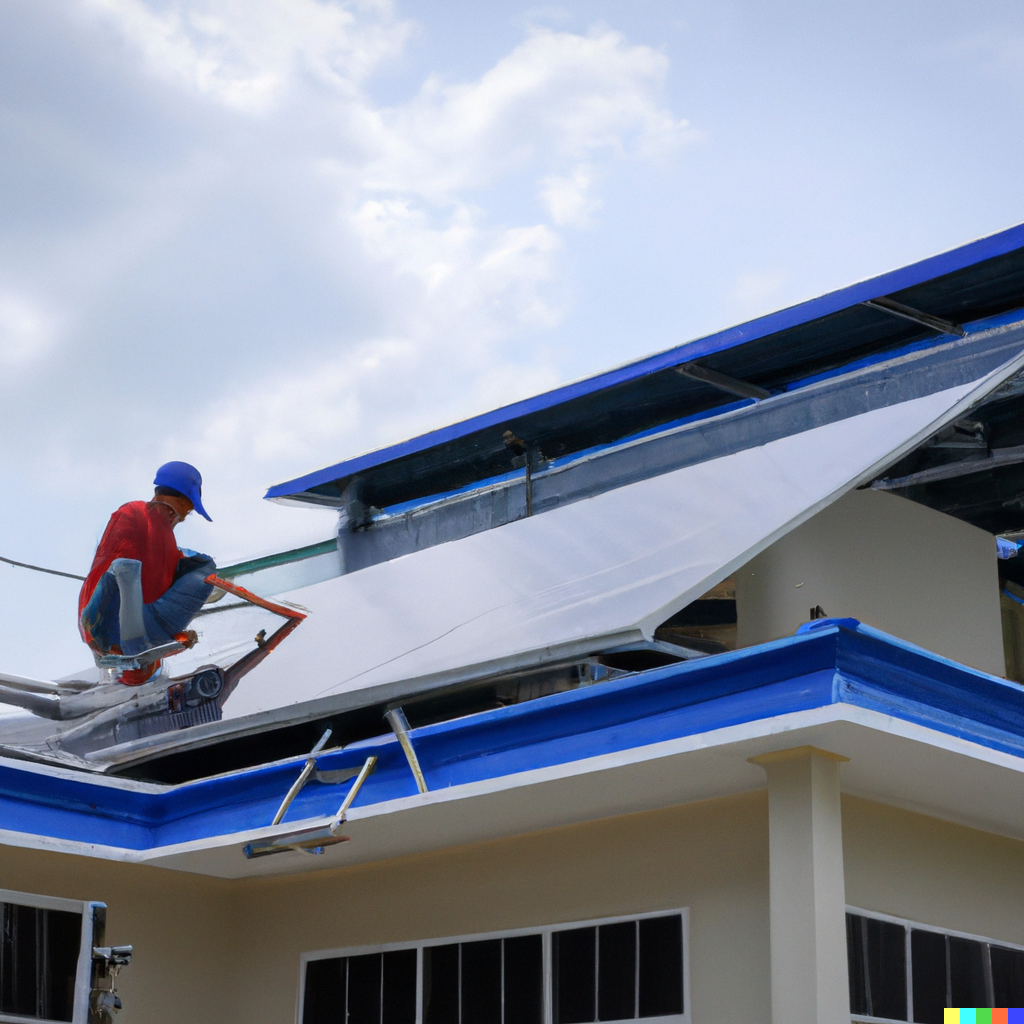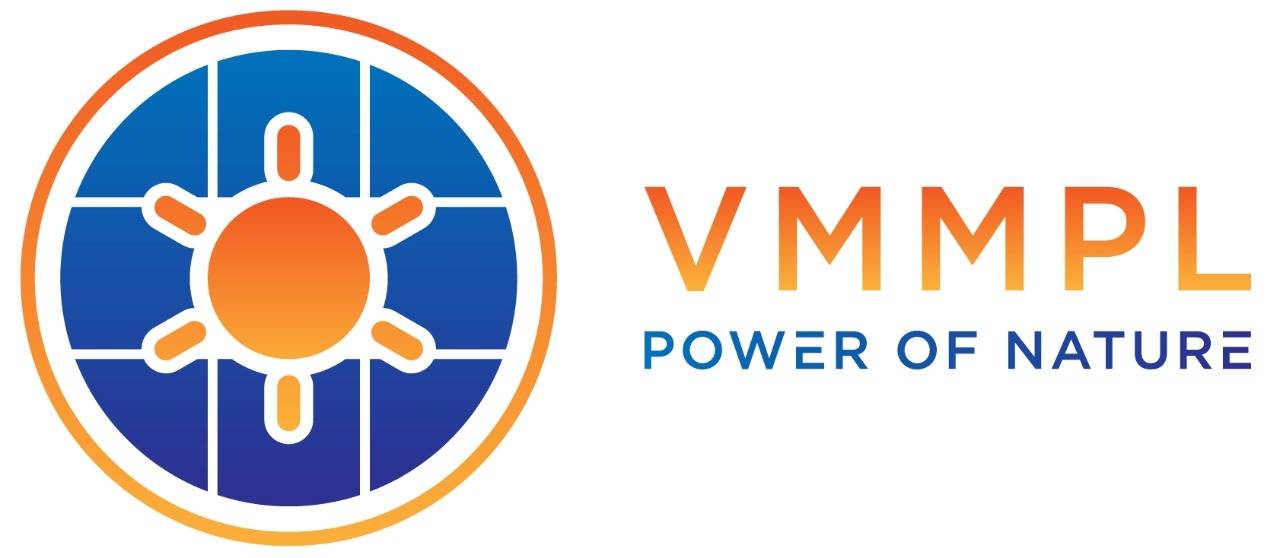Harnessing the Sun’s Power: A Guide to Installing Solar Panels in Housing Societies
As more residential neighborhoods become sensitive about escalating energy prices and environmental degradation, there is a growing trend of using renewable energy sources such as solar power. The installation of solar panels is not only environmentally-friendly but also offers substantial long-term financial savings and improved real estate values. However, setting up an entire society with a solar panel system requires careful planning and execution. This article will look into some of the steps involved in bringing solar energy to your community.

Knowing Why It’s Good for You
It is important to have an understanding of several benefits before looking into the details regarding how it is installed. First, it has to be noted that solar power does not emit gases leading to global warming or pollute the air even though it implies lack emissions from greenhouse gases; furthermore this source of energy cannot run out. By reducing your community’s use of fossil fuel you are actively engaging climate change and sustainability.
Consequently, during peak sun hours which mean high power rates, electricity bills can be significantly cut by using solar panels in societies particularly over time. Eventually, these savings will counterbalance the installation costs involving solar panels.
Moreover, installation of solar panels may raise property values within your housing society, considering the increasing demand for eco-friendly houses by both tenants and buyers.
Determining Your Society’s Solar Potential
The initial phase in installing photovoltaic panel in a block of flats is to know whether it has enough solar potential. This will require several considerations such as:
Roof Orientation and Tilt: Sunlight will shine directly on solar panels throughout the day hence performing optimally when the roof surface faces south (in the northern hemisphere) or north (in the southern hemisphere) with appropriate tilt angles for capturing sunlight efficiently.
Shading Analysis: The efficiency of your PVs can be reduced if its roofs are covered by shadows from surrounding buildings, trees among others. For this reason, a professional shading analysis should be conducted to identify any possible problems and suggest suitable measures like cutting down branches or changing panel positions.
Electricity Consumption: By knowing how much energy your society consumes at present and in future, one gets an idea of what size and capacity of SPS is appropriate for you.
Structural Integrity: It is important that your society’s roofs are safe in terms of structure and can bear the weight of panels and mounting equipment. To make sure that the installation is secure and can serve for a long time, it might be necessary to carry out a professional structural assessment.

Choosing the Best Solar Panel System
After evaluating Solar panels for housing society resource potential, you must decide on an appropriate solar panel system. The choice will depend on factors such as energy needs, roof area available and financial resources. There are different types of solar panel systems:
On-Grid Systems: These allow access to electricity from the state power grid in times when there is insufficient energy generated from solar panels or to supply additional power back into the network when there is surplus generation.
Off-Grid Systems: These usually do not have any connection with utility grid but use batteries generally for storing excess electricity generated during low or zero sun period.
Hybrid Systems: Hybrid systems provide backup power supplies and utilities-tied benefits by incorporating attributes from both on-grid systems and off-grid counterparts.
With guidance from your installer, consider which setup suits your situation best in relation to local laws as well as unique specifications
Your solar panel installer may walk you through the pros and cons of each system and recommend the best choice depending on your precise needs as well as local regulations.
Obtaining Required Approvals
Before starting installation, it is essential to get all necessary approvals from relevant bodies. These may include:
Building Permits: For instance, most cities require permits for solar panel installations particularly in residential zones. Your installer will guide you through the process of obtaining such permits.
Homeowners Association (HOA) Approval: In case your housing society is regulated by an HOA, then you must first seek their consent before installing any solar panels on your house, which have to follow certain architectural guidelines or restrictions if any.
Utility Company Approvals: If you are putting up on-grid system, ensure that you work with your local utility company regarding proper interconnection and net metering if available in your area.

Ensuring a Smooth Installation Process
As soon as you receive those required certifications, the actual installation process can commence. This typically comprises of the following stages:
Site Preparation: Upon approval by property owners and signing lease agreement documents; this would lead to initiation of site preparation activities including clearing away obstructions from designated rooftops, properly anchoring roofs so that they cannot be easily blown off during strong winds and also preparing electrical connections needed for installations.
Solar Panel Placement: The solar panels will be affixed to the mounting system with great care, aligning them correctly and tilting them for maximum power output.
Electrical Connections: The solar panels will be connected to the inverters (which convert the solar energy into usable electricity) and tied into your society’s existing electrical system or the utility grid.
System Testing and Commissioning: After completion of installation, comprehensive testing of the entire photovoltaic system will be done to ascertain optimal performance and safety before commissioning it for regular utilization.
Maintenance and Monitoring
Though low-maintenance in design, regular cleaning and inspections are recommended to ensure that they operate at peak performance. Your installer can offer maintenance guidelines as well as a continuous analysis of the system’s output so that any abnormalities are detected early enough.
In addition, educating residents of your residential complex on how to use this form of energy is very crucial. It must also include some safety rules or precautions that should be adhered in using this technology.
